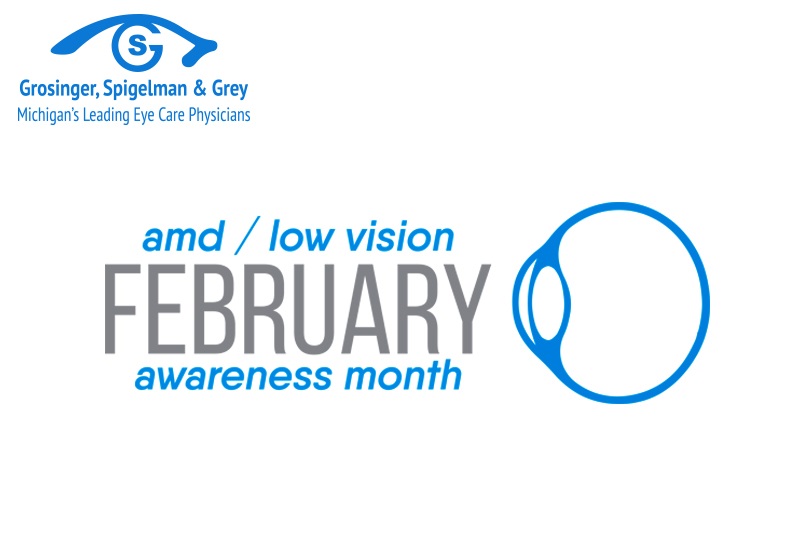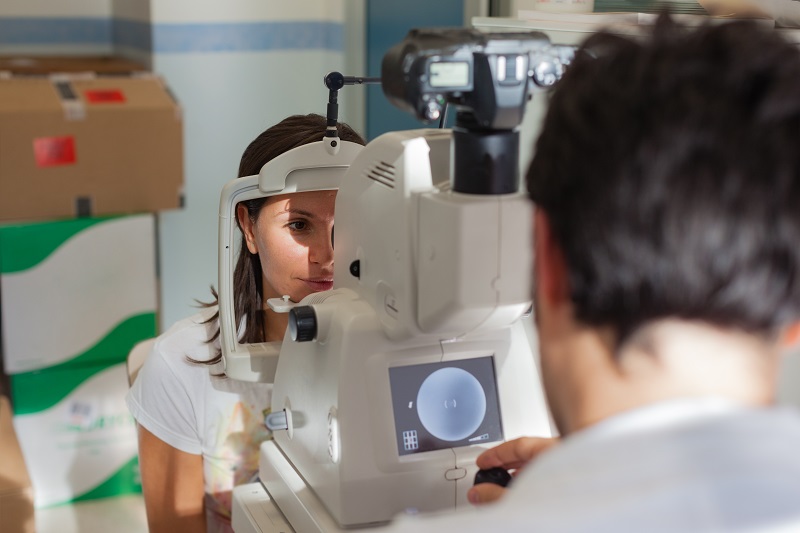
AMD affects approximately 11 million Americans and is the chief cause of vision loss and blindness for senior adults. AMD affects the central vision making reading, driving, and watching television more and more difficult. One of the first changes you may notice is blurring of your vision. Early detection is critical to saving your vision. Diminishing sight is not a normal part of aging. It is important to get regular eye exams and contact us if you notice any changes in your vision. Learn the facts.




